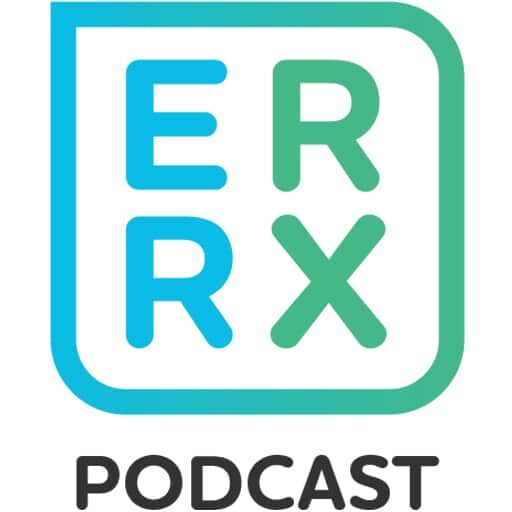Fresh Fruit
-
Episode 94- “Don’t Set the Precedent”: Precedex for Alcohol Withdrawal
Are you using Precedex for alcohol withdrawal? Hear my take on why I don't like this idea, with evidence from a recently-published meta-analysis.
-
Episode 89- Let’s talk BRASH
In this Fresh Fruit episode, we talk about BRASH syndrome. Who gets it? How do they present? And how are they managed?
-
Episode 78- “If it ain’t broke…”: Fixed versus variable Kcentra dosing
How does a 1500 IU fixed dose of Kcentra stack up to FDA-approved variable dosing for reaching a specific INR target? Let's talk about it.
-
Episode 77- Rabies immune globulin dose rounding
Or any other beta-lactam antibiotic? Or do we have to use a fluoroquinolone or Bactrim? Find out on this week's Pharmacy Consult episode.
-
Episode 68- “Back to the Future?”: Vasopressin + steroids during cardiac arrest
This week, we review a meta-analysis that may make you rethink the contents of your code carts...
-
Episode 66- Surviving Sepsis: Updated recommendations and clinical pearls
This week, we review some key recommendations and updates from the 2021 surviving sepsis campaign guidelines
-
Episode 64- What happens when we give Kcentra to patients with liver failure?
Do you use Kcentra to reverse the INR in patients with liver failure to reduce bleeding risk? Is this good practice?
-
Episode 60- Should we load vancomycin?
Does loading vancomycin lead to achieving target levels within the first 24 hours? Does it increase the risk of nephrotoxicity?
-
Episode 57- Escaping “SCAPE”
This week, we discuss the use of noninvasive ventilation and high dose nitroglycerin to prevent intubation in patients with SCAPE
-
Episode 54- Is PID in need of a third antibiotic?
In this episode, we review a potentially practice-changing study. Should we treat PID with three antibiotics?
Recent Reviews/ Comments
“Love this podcast for anyone working in an ER or ICU. If you aren’t a pharmacist you will still get tons of useful information to improve your practice. Adis has a knack for finding a happy balance between explaining the pharmacokinetics and practical use for patients at the bedside. Highly recommend!”
– NotAPharmacist, Apple Podcasts review
“Perfect amount of knowledge in a great length to refresh ICU and ED topics. Explains concepts in an easy to understand fashion”
– RxLaura, Apple Podcasts review
“I love listening to this podcast because I can listen to 1 or 2 on my way to work and it provides great info! As a paramedic, this podcast has really helped me understand the “why” we give certain meds.”
– cresjr, Apple Podcasts review
“Ideal podcast to listen on the way to my shift. Learning points throughout!”
– andmatjos, Apple Podcasts review
“I’m currently in my last year of pharmacy school […] I just happen to come across your podcast on YouTube as I was trying to find a good explanation regarding the misleading sulfa allergy in non-antibiotic sulfonamides. Your explanation was great. I can’t believe I’m only now finding out about your podcasts but please continue to make them for as long as you can. Prospective pharmacists, such as myself, really appreciate you taking the time to put such great educational content out there.”
– S.P., Pharmacy Student
“Adis does a wonderful job of gathering the evidence-based answers to the hard questions that we all get as pharmacists and putting them into a nice, neat package.”
– rebroush1, Apple Podcasts review
“This is a great podcast to listen to at work and is not too overwhelming and well put together. Highly recommended for anyone in healthcare, even outside of emergency medicine.”
– Peelage, Apple Podcasts review
“Great reviews on drug-related topics with useful details on drug mechanisms, pharmacodynamics and administration considerations as well as data to support recommendations. Great for pharmacists, providers and learners!”
-JaayyZzee, Apple Podcasts review
“I found the topics very helpful. I have been recommending this show to pharmacy students and residents, who are also enjoying it.”
–hvgjnfd, Apple Podcasts review
“As a PA, I found this very informative. I like that the episodes are short, making them easy to listen to on my way to and from work. Would love to hear more pediatric topics!”
-Pediatric PA, Apple Podcasts review
“Good podcast thats very informative for all healthcare providers. Very easy to listen to and enjoy.”
-Bradlley88, Apple Podcasts review
